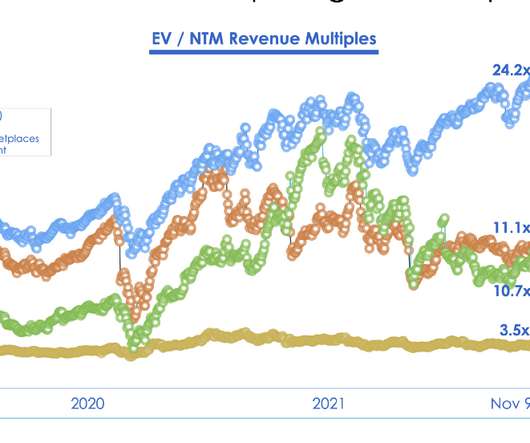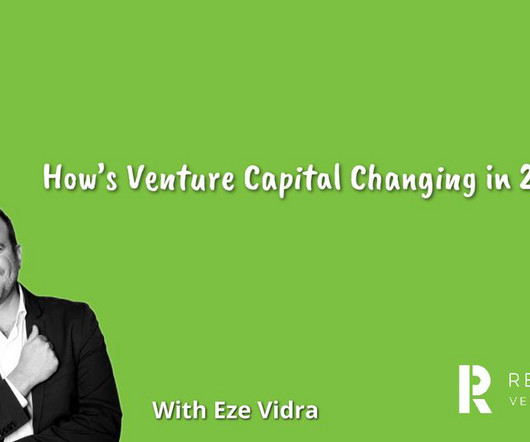What Does the Post Crash VC Market Look Like?
Both Sides of the Table
SEPTEMBER 15, 2022
Median valuations for early-stage valuations tripled from around $20m pre-money valuations to $60m with plenty of deals being prices above $100m. IRRs work really well in a 12-year bull market but VCs have to make money in good markets and bad. It’s just math.







































Let's personalize your content